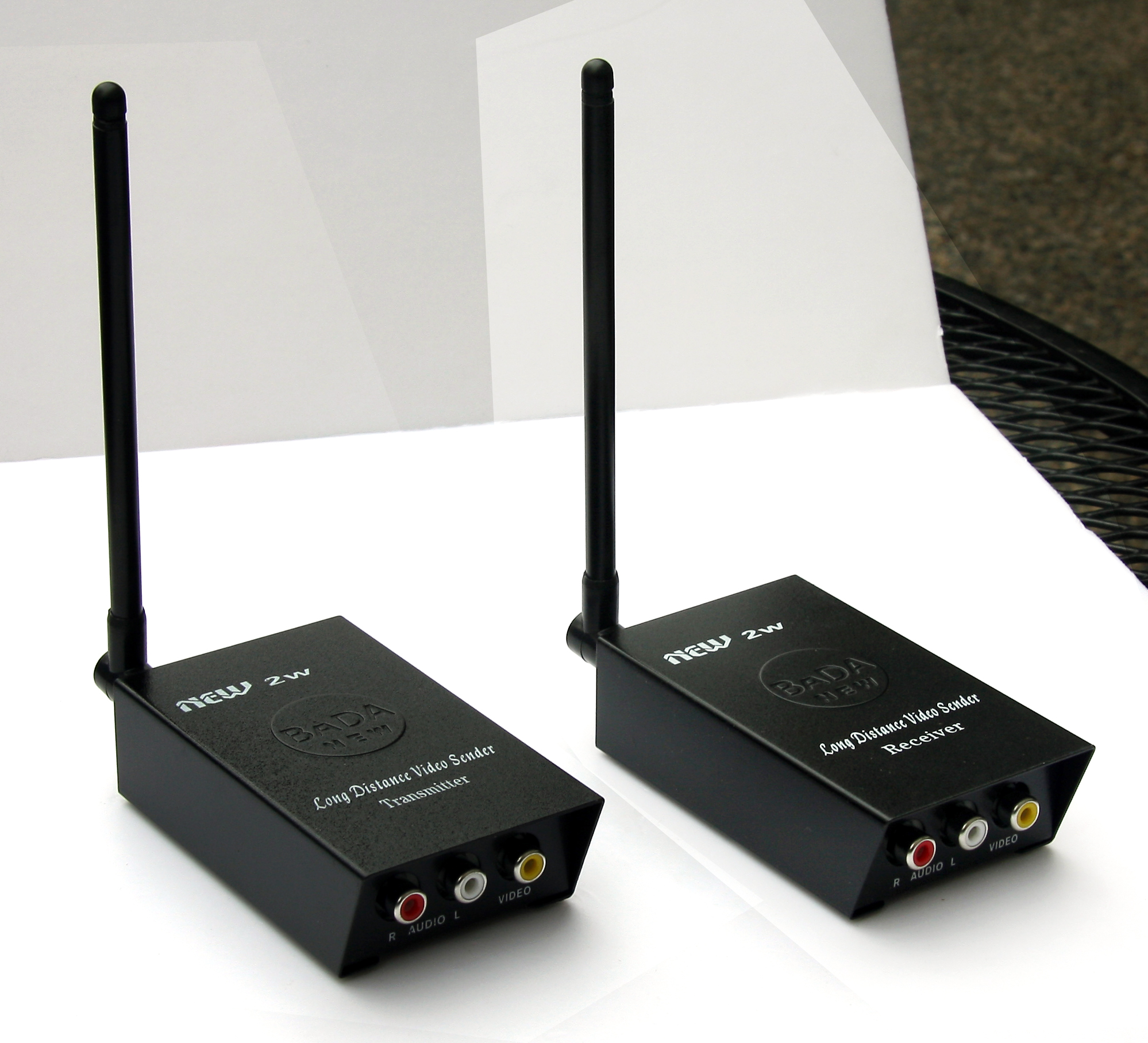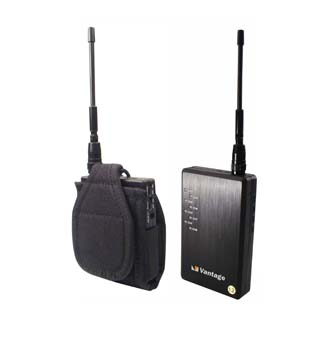

When this happens more persistently, it’s called sustained tachycardia, which occurs more than 50 percent of the time. When a baby’s heart rate is over 160 beats per minute, it’s called tachycardia.
/is2.ecplaza.com/ecplaza2/products/5/53/536/1016180816/digital-wireless-transmitter.jpg)
That said, 2 to 3 percent of cases may lead to supraventricular tachycardia (SVT). PACs or PVCs that occur in isolation may not require any kind of treatment and may actually resolve on their own before your baby is born. With PCs, your baby has extra heartbeats that can either originate in the atria (premature atrial contractions or PACs) or the ventricles (PVCs). Premature contractions are the most common type of arrhythmia that’s found in the second and third trimesters of pregnancy. The most common types you may encounter include the following: Extrasystoles or premature contractions (PCs) It can be overwhelming researching them on your own - ask your doctor to explain your baby’s to you so you understand what’s going on and what part of the heart is affected. There are a number of different fetal arrhythmias. Instead, they may be caused by things like inflammation or electrolyte imbalances. In cases where a first-degree relative (mom, dad, or sibling) has a heart defect, there’s a three-fold increase in the risk that a baby may have a heart defect as well.įetal arrhythmias may not always be caused by a structural heart defect, though. Your baby may also be at a higher risk of heart defects if there’s a family history or if they have a chromosomal abnormality, such as Down syndrome, Turner syndrome, or trisomies 13 and 18. are pregnant with monochorionic twins (identical twins sharing a placenta).became pregnant through in vitro fertilization.had a fetal abnormality detected on an ultrasound.



 0 kommentar(er)
0 kommentar(er)
